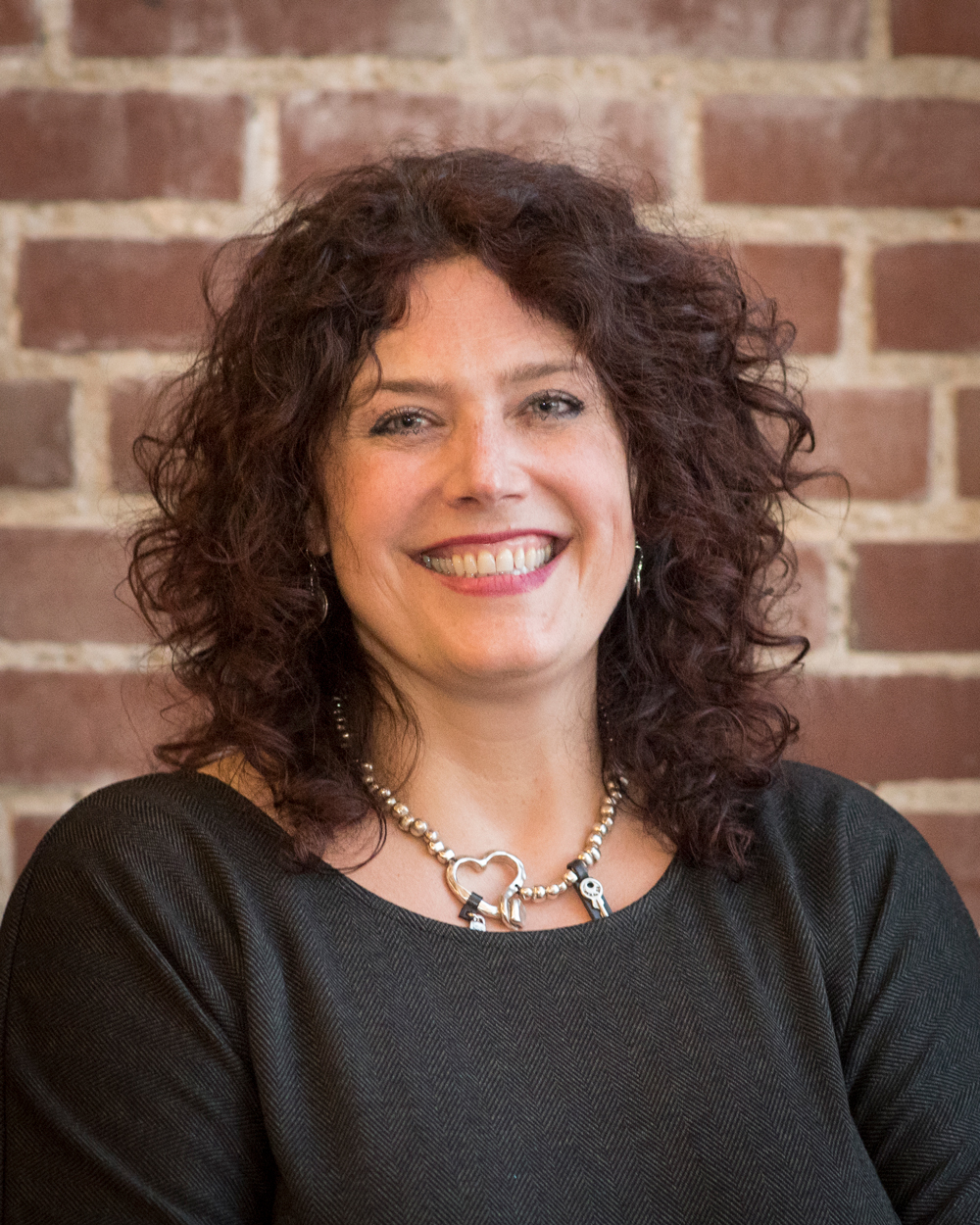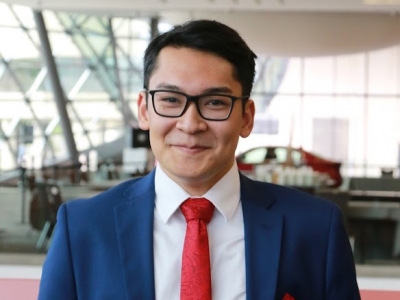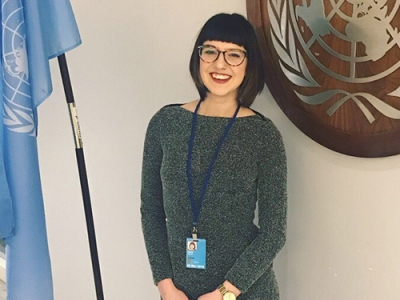This profile was part of the Faculty of Public Affairs’ 75 for the 75th series, which highlighted 75 notable alumni in FPA in honour of Carleton University’s 75th anniversary. These stories were published in 2016 and 2017.
Judge, Ontario Court of Justice
Bachelor of Arts, Law (’91)
Master of Arts, Legal Studies (’95)

Whether in movies or in real life, judges have traditionally been older white males from upper class backgrounds. But when Justice Kimberley Crosbie is on the bench at the Ontario Court of Justice, she represents a personal history that’s completely different.
“I grew up in the rural town of Norland, Ontario and I was the first in my family to graduate from high school,” says Justice Crosbie, who was named to the Ontario Court of Justice in 2016. The Court hears more than 90 percent of criminal cases in the province.
But even graduating from high school was uncertain, as her family situation became tumultuous when she was in grade 13. In response, she began skipping school and her grades dropped. It was with that haphazard transcript that Justice Crosbie applied to Carleton to study English. She says her acceptance to the university changed her life.
“I am forever grateful to Carleton for taking a chance on me. To go from where I was to where I ended up—graduating with honours and winning a scholarship for the master’s program—it was huge,” she says, in describing her loyalty to the university. “Not only was I accepted, but I was nurtured through two degrees. Without that, I would still be working as a cashier.”
Justice Crosbie’s first taste of Law and Legal Studies came in a first-year class on criminal law taught by Professor Barry Wright.
“He was very passionate and engaged and excited about it. I had never been exposed to it, but that’s when I realized how much the law speaks to who we are as a society,” she explains. “It intersects so closely with class, race and gender.”
The experience prompted her to switch majors and she soon discovered a “love of sentencing”, a sentiment she still holds.
“I’m fascinated by the issues that come up in sentencing such as, ‘How do we sentence someone in response to who they are as a person and what they’ve done?’ It’s where you really see the law and social issues intersect, as well as the effect of different upbringings,” she explains.
Justice Crosbie also credits Professors Diana Majury and Renata Mohr for introducing her to the challenges of addressing sexual violence and domestic violence in the criminal justice system. They served as co-supervisors for her Master’s thesis on domestic violence.
“They taught me to be a feminist and I’m very proud of that,” she says, adding that she has no hesitation in identifying herself as such publicly. “It’s about equality and that’s what our law says: that everyone is equal.”
She also points out that, as the judicial bench becomes more diverse, people are realizing that a judge isn’t simply a blank slate.
“The judicial system is a human process and we all bring our life experiences to the bench,” says Justice Crosbie, who also serves as an adjunct professor at Osgoode Hall Law School. “That’s the kind of judge we want—someone with compassion who understands people’s lives. And that’s why diversity on the bench is so very important.”
After earning her master’s degree, Justice Crosbie worked as a sexual assault support worker before attending law school at the University of Ottawa. She was invited to clerk with the Ontario Court of Appeal in 2000. Following that, she served as a Crown counsel and argued many cases before the Court of Appeal for 15 years.
“I loved it. It was a fantastic experience,” she recalls. “The court has brilliant jurists and I felt so privileged to be there arguing such interesting cases. It was really the highlight of my life,” she says.
She also led the training for Crown counsels on sexual violence and domestic violence and chaired a committee, the Sexual Violence Advisory Group, which oversaw the implementation of Ontario’s sexual violence action plan within the Crown’s system. In addition, she also did a considerable amount of education within police services on sexual violence.
Today, she is listening to arguments, not making them.
“Being a judge is an incredible privilege,” says Justice Crosbie. “It is a sacred trust on behalf of the community that requires a daily commitment to dispense and facilitate justice in each and every case.”
Thursday, June 15, 2017 in #FPA75, Career Paths, Department of Law and Legal Studies
Share: Twitter, Facebook



